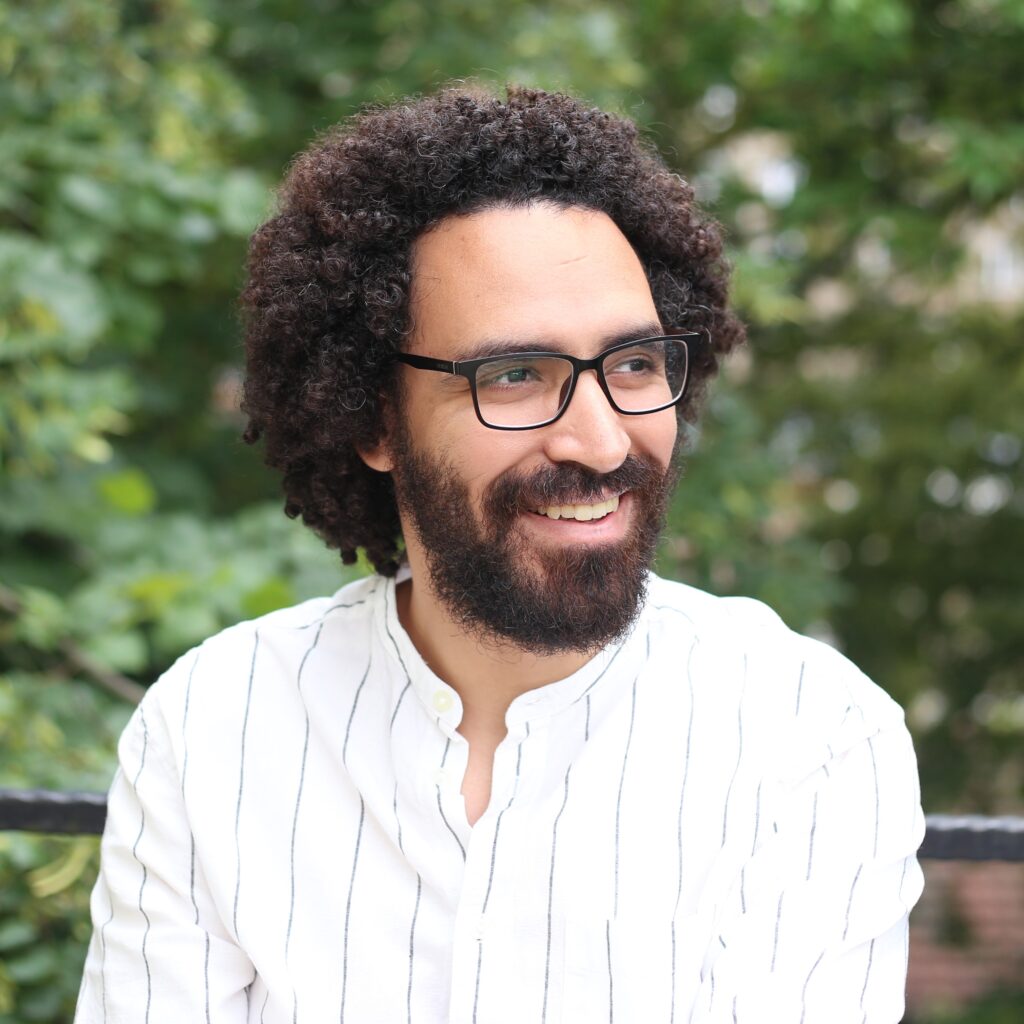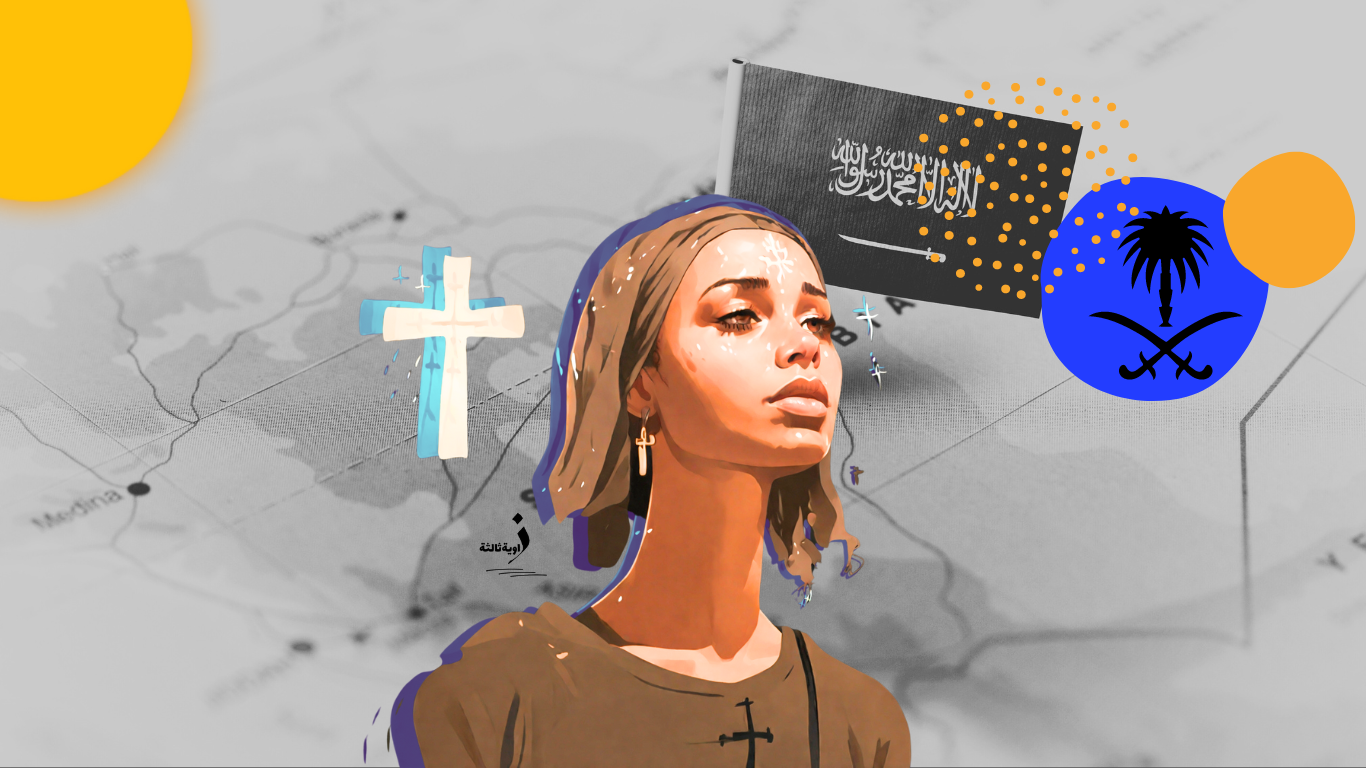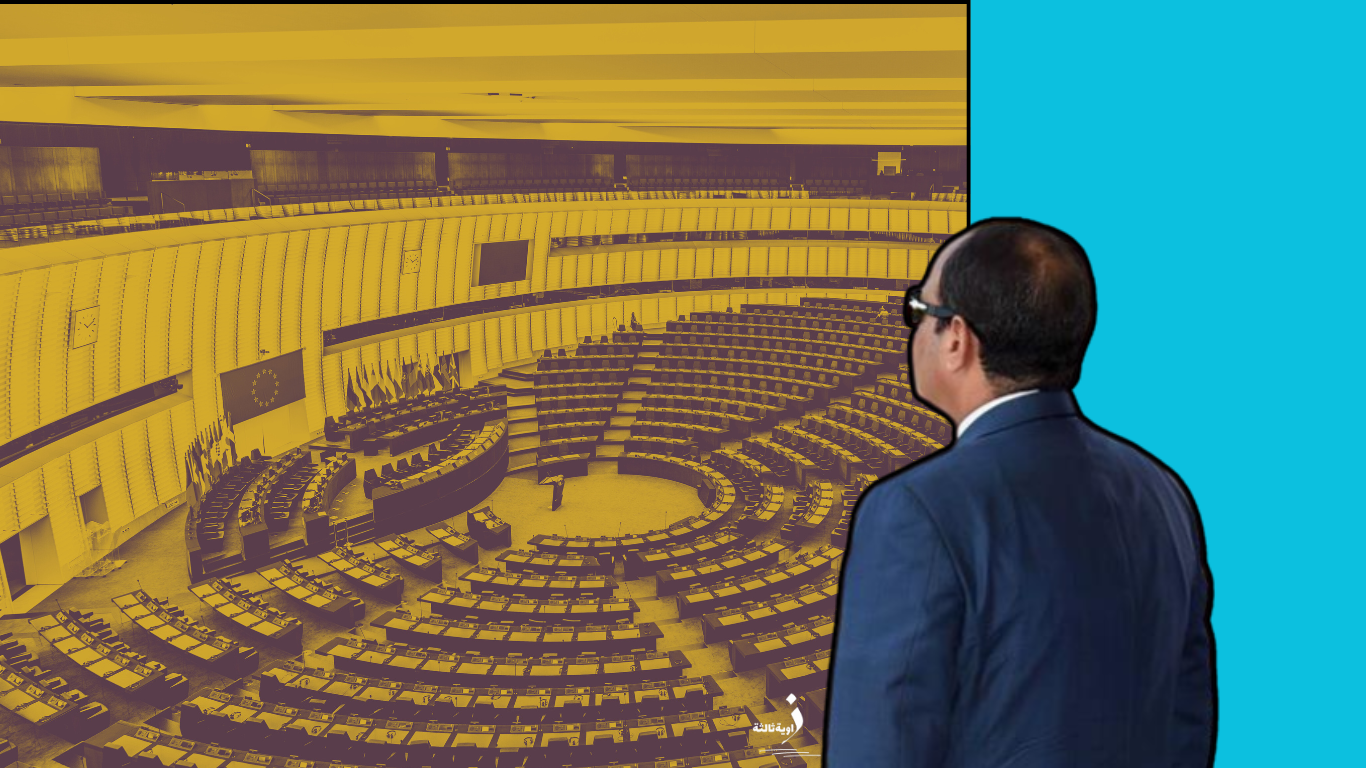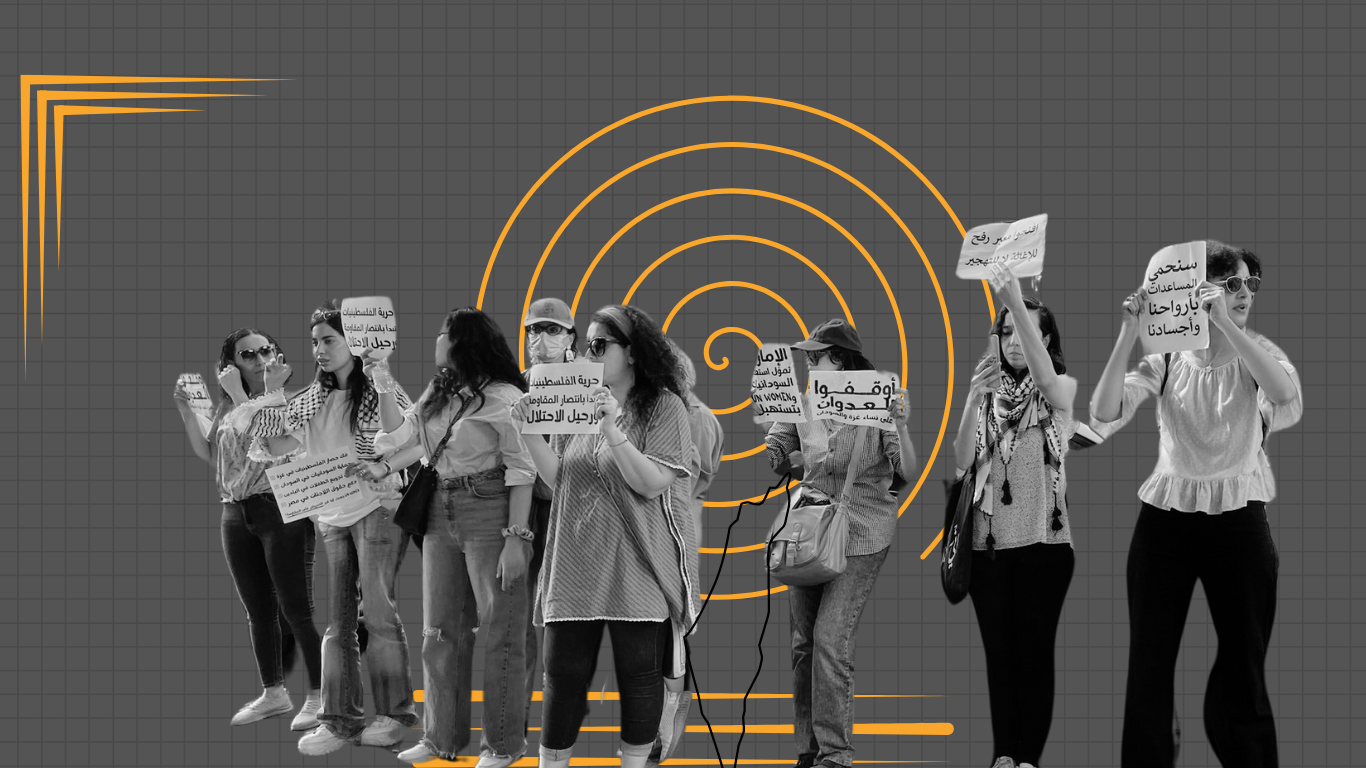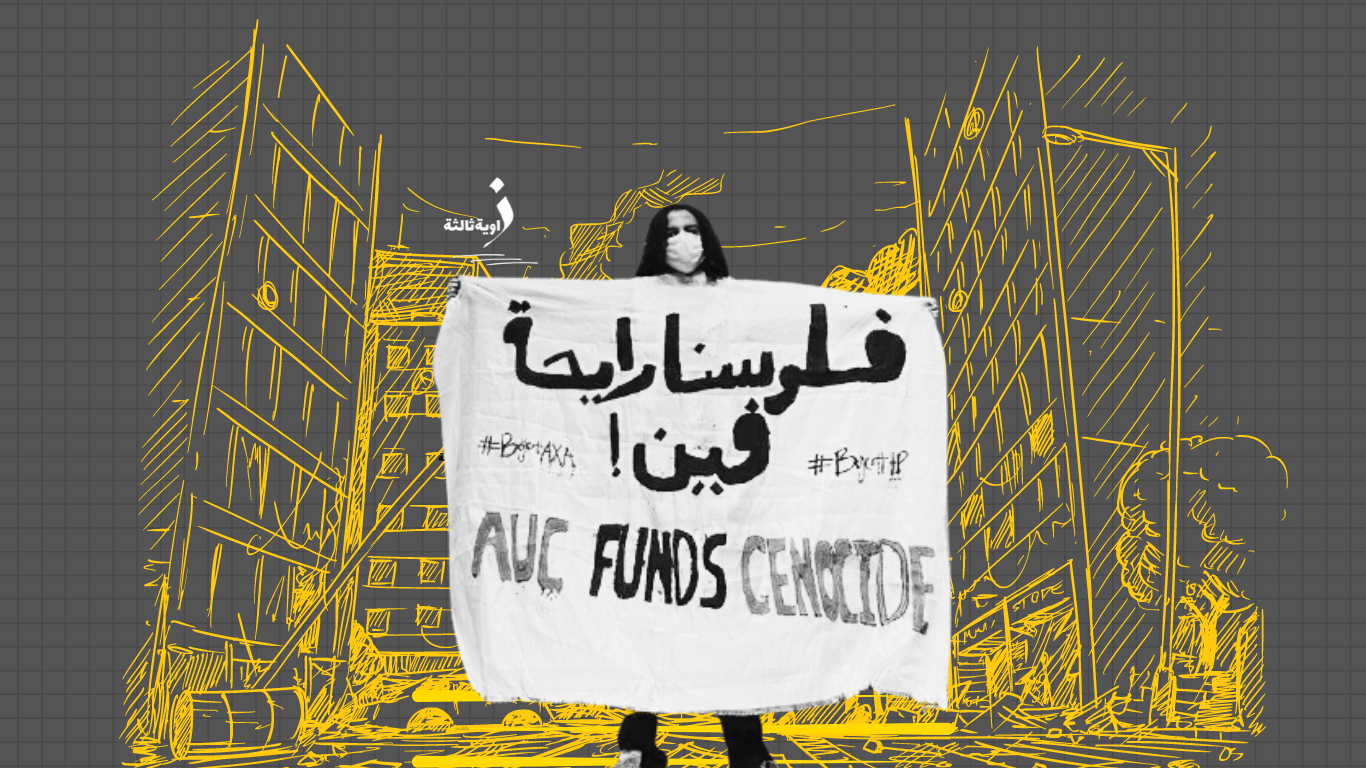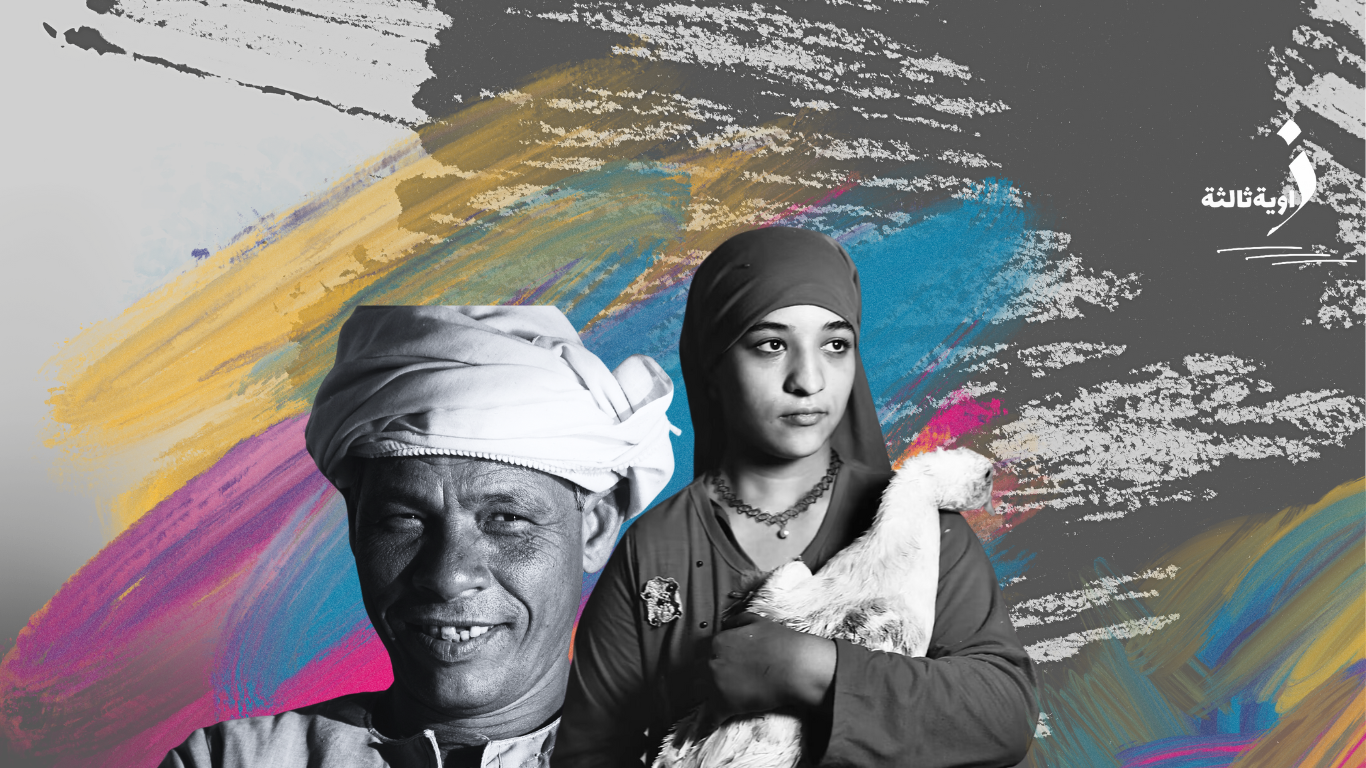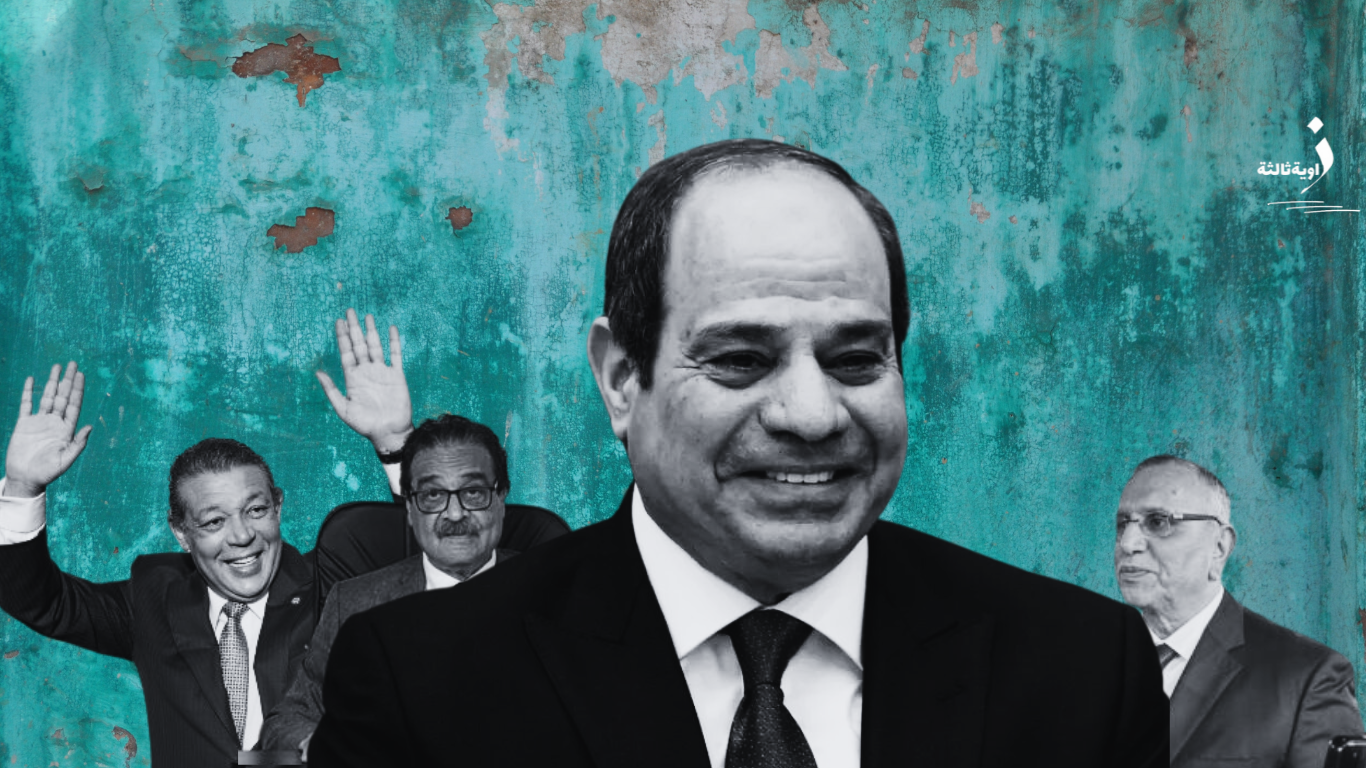Brussels
The debate surrounding the strategic partnership between the European Union (EU) and Egypt has intensified, with members of the European Parliament (MEPs) sharply criticizing the EU’s disregard for Egypt’s human rights record while strengthening cooperation in areas like migration and counter-terrorism. These criticisms arise amidst the signing of new agreements injecting billions of hard currency into the struggling Egyptian economy, raising questions about the EU’s commitment to its values and principles in its foreign relations.
No Blank Checks for Dictatorships
In a press conference held at the European Parliament in Brussels on Wednesday, April 24th, Karen Melchior, Coordinator of the European Parliament’s Committee on Legal Affairs, expressed her deep dissatisfaction with the European Council and the European Commission’s disregard for the Parliament’s recommendations on dealing with Egypt, particularly concerning human rights.
“When we enter into partnerships with other countries, we should not give them a blank check,” Melchior stated, strongly criticizing what she described as the EU’s “turning a blind eye” policy towards human rights violations in Egypt. She added, “If we are dealing with a tyrannical regime, we do not give them money and tell them to do whatever they want.”
Melchior called for halting financial aid to the Egyptian government, proposing instead directing the funds towards United Nations organizations operating in Egypt, which she believes have greater credibility in the areas of human rights and refugees. She added, “We have a report on how to deal with migration partnerships. All of this is ignored by the Council and the Commission. They do not use the legislative and consultation procedures that they should use with the European Parliament because they want to ignore what we say.”
A Stark Contradiction
MEP Mounir Satouri joined Melchior in her criticism, pointing to what he called a stark contradiction in the EU’s dealings with Egypt.
“The Egyptian government has been condemned in two resolutions within the European Parliament, but ultimately a contract worth 7.5 billion euros was signed with the Egyptian government,” Satouri said, denouncing the European double standards and demanding strong and precise conditions regarding respect for human rights before providing any aid to Egypt.
These criticisms come amidst ongoing suppression by Egyptian authorities against civil society and political activists, as viewed by human rights defenders both domestically and internationally. The recent arrest of activists, journalists, and lawyers in front of the United Nations office in Cairo for presenting a petition about the situation in Gaza and Sudan sparked widespread anger among rights activists, who considered it further evidence of the deteriorating human rights situation in Egypt.
Yesterday, Wednesday, the Supreme State Security Prosecution in Cairo decided to release detainees who were arrested from the vicinity of the UN Women’s office on financial bail, pending investigation in case number 1567 of 2024, after they were charged with gathering and joining a group established in violation of the law, according to a statement by lawyer Mahmoud Haid to Zawia3.
Moataz El Fegiery, a human rights defender and member of the Executive Committee of EuroMed Rights, indicated that the political climate in Egypt still suffers from severe restrictions and intimidation. He asserts that “Egypt remains a republic of fear, where thousands of political activists and human rights defenders languish in prisons, and counter-terrorism laws are arbitrarily used to suppress dissent.”
A National Dialogue Lacking Credibility
El Fegiery stated that if the long-term objective of the strategic and comprehensive partnership between the EU and Egypt is to achieve “shared prosperity, stability, and security,” its provision should be directed clearly and transparently based on standards of respect for human rights and the rule of law, in consultation with real civil society, independent human rights organizations, and human rights defenders.
El Fegiery added in statements to Zawia3, “It is disappointing that we see the EU’s official stance towards the human rights crisis in Egypt has become weak and inconsistent since the resumption of Partnership Council meetings with Egypt in July 2017 and up to the last Partnership Council meeting held in January of this year.” He further noted that the European narrative “exaggerates the impact of the limited and tactical concessions taken by the Egyptian authorities since the end of 2020 to improve their international image and garner greater support to save the struggling economy from collapse.”
El Fegiery, a member of the Executive Committee of EuroMed Rights, spoke at the press conference in the European Parliament. In his speech, he expressed the view that “there is strong evidence that the political climate regarding human rights continues to experience severe restrictions and intimidation. Egypt remains a republic of fear.” He pointed out that thousands of political activists and human rights defenders are still imprisoned, and that “the explicit and cynical use of counter-terrorism measures and blacklists against peaceful activists, lawyers, and human rights defenders has not stopped.”
When asked about the national dialogue launched by President Sisi in April 2023 and the extent of his response to the dialogue and the response of human rights defenders to it, he indicated that when the President announced this initiative, it was welcomed by many activists inside and outside Egypt. They also expressed their willingness to participate constructively in the national dialogue on the condition that the government implement a series of confidence-building reform measures.
He added, “Most of these demands were ignored, and the structure of the national dialogue deliberately excluded key independent voices inside and outside Egypt.”
The Impact of the European Parliament
Despite not having direct authority over the EU’s foreign policy, the European Parliament wields its influence through a set of tools and mechanisms that exert continuous pressure on European decision-makers to push Egypt towards respecting human rights and fundamental freedoms. It plays an important oversight role over the performance of the European Commission and the European Council, monitoring EU policies, and providing recommendations to the Council of the European Union and the European External Action Service. The Parliament is the most active institution in the field of human rights and the most supportive of civil society.
Parliamentary oversight is manifested in issuing non-binding resolutions and recommendations, but they reflect the Parliament’s position on sensitive issues such as human rights and fundamental freedoms. These resolutions also constitute moral pressure on the Egyptian authorities and remind the EU of its ethical and legal obligations.
MEPs who are advocates for human rights continuously strive to shape European public opinion in support of the values of human rights and democracy in Egypt, through press releases and reports that shed light on human rights violations and raise awareness among European citizens about the situation in Egypt. In addition, the European Parliament issues an annual report on human rights and democracy in the world.
Last October, the European Parliament issued a report calling for a review of the EU’s relations with Egypt, in light of what it described as “little progress” in the human rights record. In response to the European Parliament’s statement, the Egyptian House of Representatives said that the European Parliament’s report “lacks credibility or neutrality,” calling on it to focus its efforts on European affairs in the field of rights and freedoms.
EU Billions
Last March, the EU signed agreements with Egypt that included a massive funding package worth 7.4 billion euros over four years, encompassing loans, investments, and cooperation in the areas of migration and counter-terrorism.
The EU considers Egypt’s stability vital to the security and stability of the region and seeks, through these agreements, to enhance cooperation with Egypt in addressing the challenges of illegal immigration and combating terrorism.
However, these agreements have raised criticism from within the EU itself. Karen Melchior expressed concern that the EU is turning a blind eye to human rights violations in Egypt in exchange for achieving its strategic interests. She indicated that providing financial support to non-democratic regimes harms the EU’s credibility and its commitment to the values of human rights.
Egypt is considered an important strategic partner for the EU in the migration file. According to a statement by the Egyptian government, estimates indicate the presence of 9 million residents and refugees in Egypt from approximately 133 countries, representing 8.7% of the total population of about 106 million.
In contrast, the United Nations High Commissioner for Refugees, in a report issued last January, stated that Egypt hosts approximately 480,000 refugees and asylum seekers from 62 countries in 2023, an increase of 64% compared to 2022.
The definition of a refugee differs from that of a migrant. According to the United Nations High Commissioner for Refugees, a refugee is a person who has been forced to flee their country due to persecution, war, or violence, unlike a migrant who chooses to move voluntarily and not due to a direct threat.
The issue of illegal immigration to Europe is one of the main axes of this partnership. In 2022, Europe witnessed a significant increase in the number of illegal immigrants, with the European Border and Coast Guard Agency “Frontex” recording the entry of 330,000 irregular migrants, an increase of 64% compared to 2021. Egypt is considered one of the main countries from which migrants depart across the Mediterranean Sea.
The EU sees this partnership as an opportunity to address the issue of migration at its roots, by supporting Egypt in improving living conditions and creating job opportunities for young people, in addition to strengthening cooperation in the field of border management and combating human trafficking.
The EU faces a real dilemma in its dealings with Egypt. On the one hand, it considers Egypt an important strategic partner in vital areas such as migration and counter-terrorism. On the other hand, the EU cannot ignore the ongoing human rights violations in Egypt.
It appears that the EU is betting on a “carrot and stick” policy in its dealings with Egypt, where it seeks to achieve its strategic interests while exerting pressure on Egypt to improve its human rights record.
The future of the partnership between the EU and Egypt remains hostage to developments in the human rights file. If repression continues and demands for reform are ignored, pressure within the EU is likely to escalate to reconsider this partnership and link it more strongly to respect for human rights and fundamental freedoms.


